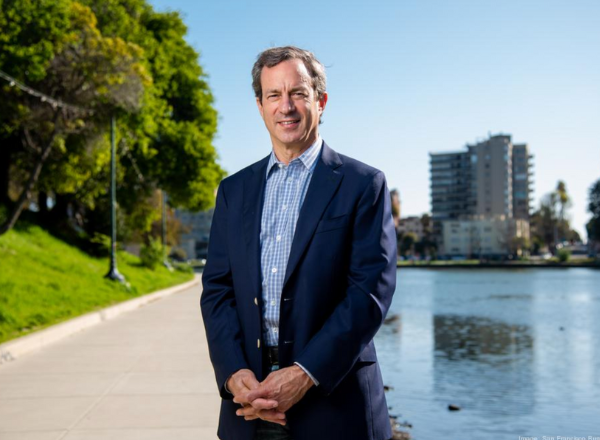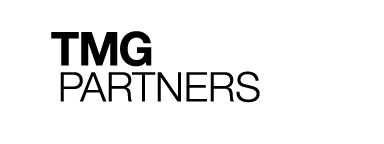News & Awards.
including honors for “Best Mixed Use,”
“Best Office,” and “Best Historic Rehabilitation”.

TMG Partners’ Matt Field says he’s still betting on San Francisco. In many ways, it’s in his blood: A sixth-generation San Franciscan now raising two children of his own in the city, Field traces his roots here back to a time before California’s statehood.
His great-great-great grandfather, Nathan Neustadter, arrived in San Francisco in September 1850 – three days before California was admitted to the union. In the century and a half that Field’s family has called San Francisco home, he says, people have called the city’s “death” many times, yet it’s always bounced back.
Field joined TMG Partners in 1993 and was promoted to co-CEO 20 years later. TMG is a “hyperlocal” investor, he said — a good fit for Field, who in his time at the firm has closed deals like PG&E’s monster lease of its Oakland headquarters at 300 Lakeside and the sale of 945 Market St. in downtown San Francisco to Ikea’s sister company.
What can you tell us about your family’s San Francisco history?
It’s my mom’s side. We had several family businesses: MJB Coffee, and a blue-jeans company, just not the one that turned out on top. My mom (Carol Field) is a pretty well-renowned food writer — she won a James Beard award. Her dad, my grandfather (James D. Hart) was a widely recognized Californian historian, and he chaired the English department at the University of California, Berkeley. He’s written a very complete family history.
My dad (John Field) grew up in Minnesota. He took a job for Skidmore, Owings & Merrill when he moved here, and he got to be a pretty well-renowned architect for open-air shopping centers: He did Stanford Shopping Center and Broadway Plaza.
Did your dad’s work influence your career?
It’s funny; as a kid, you don’t realize how much you’re picking up. My dad made two documentaries for public television. He was part of a four-partner firm, and they had a deal among the four where they each got a sabbatical on a rotating basis. During the sabbatical, they were supposed to recharge, but go produce something they were interested in, and my dad made these two documentaries for PBS, which really informed his design thinking. Both of them were about how European cities were designed for people, and American cities were designed for cars.
We didn’t have babysitters: my parents drafted you along, and you sat there. And sometimes you pick stuff up. My parents were awesome people.
You studied political science, so how did you get into real estate?
I would say that I am in politics. The entire job is political and about understanding people’s motivations.
I worked for my dad coming out of college. I had some informational interviews, including at Halcyon Real Estate Advisors; I ended up working there for a couple of years. Then I got hired by Lynn Sedway, whose business was folded into CBRE consulting. She and her husband Paul, who was a big land use consultant, were friends of my parents, and Lynn hired me away from Halcyon.
Then I got a call from a headhunter forming Catellus Development Corp. I was there in the early ’90s, which was an extremely traumatic time in the industry.
What’s one pivotal deal you remember from that time?
I took a job out at Colliers in the East Bay doing investment sales. I figured out about 15 minutes in: I am not a broker. But the guy who ran AMC Theaters knew my grandmother in Minneapolis, and I put together a deal with AMC to buy 1000 Van Ness. AMC thought they wanted to be a developer, but they figured out doing this in San Francisco was gymnastics they were not built for. I ended up bringing the deal to The Martin Group — TMG — and seeing if they wanted it.
I told them: “Just one thing. You gotta hire me. I can’t do this brokerage thing anymore.” The really cool part of that was I got my dad to be the architect at 1000 Van Ness.
You were promoted to co-CEO this past fall. How has your day-to-day at TMG changed since stepping into that role?
As CEO, you’re focused on the enterprise as well as the deals. The enterprise is the people, the brand, the investments. That, and what you want the enterprise to be. Mike (Covarrubias) has done such a good job curating the company that I am extraordinarily fortunate to step into something with such a great culture.
It is a different job, and it definitely takes some different thinking. It’s the bigger picture: What does the company need? And what role should you be playing, both for the people who work there and the community?
What role does a successful company play in a community like the San Francisco Bay Area?
Hopefully you’re building an enterprise where people are connected to their community and giving back. I think companies need to play a leadership role in their communities, especially when you’re hyperlocal like we are.
TMG has been very active in San Francisco and its downtown. How are you thinking about opportunity downtown in the post pandemic era?
That is a big question. It’s obviously got its challenges with structural demand change in how we work. I don’t believe where we are is necessarily permanent, but I don’t think we’re going back to where we were, with people in the office five days a week. I know a lot of people are counting San Francisco out. I would not do that, personally. A lot of people have called the death of San Francisco multiple times.
The downtown feels better than it has in a long time, and it has tailwinds. The demand from artificial intelligence is real. AI is likely going to be bigger in how it permeates the economy nationally than the original dot-com tech waves. The depth at which AI is going to touch every part of the economy — it’s going to create a vertical to every business. And we are at the epicenter of that.
It’s going to take work, because we shut it down for so long, but I definitely am a believer in downtown being back — and being different, which will frankly be a good thing.
What’s something about you that surprises people?
I followed the Grateful Dead for four years. I missed three shows they played those four years, and only because I could not push my exams any further. It was February, and my teachers were like, “Do you want to fail the class?”


